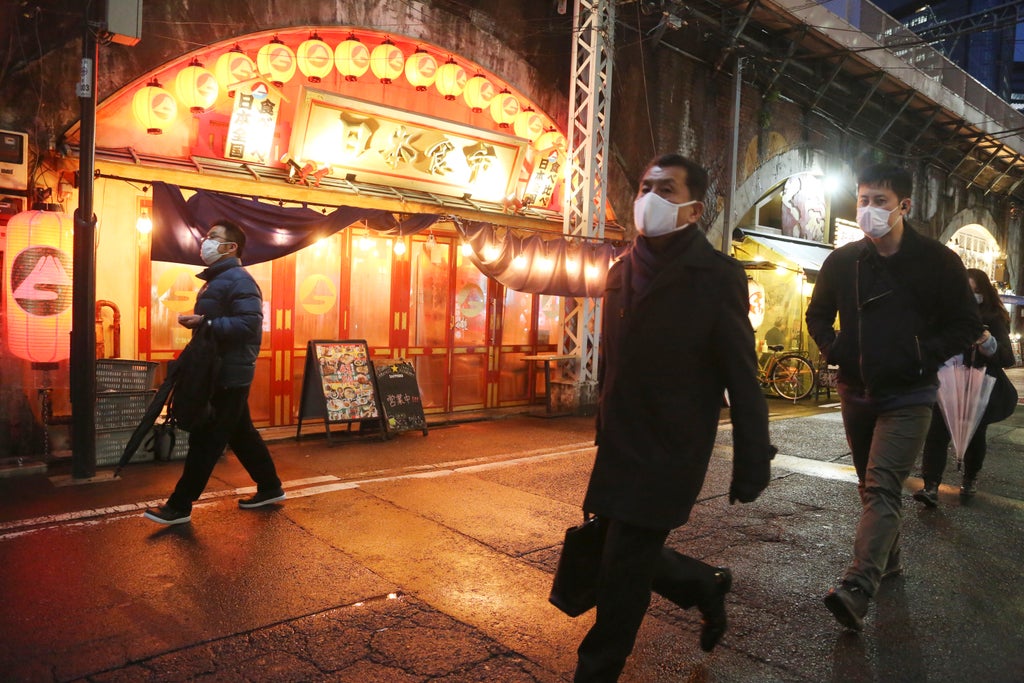
Japan's government lifted a warning of potential blackouts for the Tokyo region Wednesday as weather and conservation efforts improved, but the supply outlook still appears fragile with several coal-fired plants offline.
The energy shortfall came as people used more power to keep warm on an unusually cold, snowy day Tuesday and followed an earthquake last week that caused several coal-fired plants to temporarily stop generating electricity.
The Economy and Industry Ministry lifted the alert for potential blackouts late Wednesday morning as sunny weather allowed solar power generation to resume. The ministry, however, called for continuing conservation efforts because some coal-fired plants will remain offline for up to another few months.
While Japan aims to reach carbon neutrality in 2050, it still relies significantly on fossil fuel. While Japan pushes to develop renewables, the government seeks to restart more nuclear power plants although the public's safety concern runs high after the Fukushima disaster.
On March 16, a magnitude-7.4 earthquake off the northeastern coast killed four people, damaged buildings and caused power outages that peaked at 2 million homes in Tokyo and eight other areas.
A subsidiary of Tokyo Electric Power Company Holdings said late Tuesday conservation efforts had largely lifted the threat of blackouts.
Tokyo's Haneda International Airport turned off some lighting and air conditioning in its terminals. Tokyo's SkyTree tower canceled its nighttime lights on Tuesday. Amusement parks and some companies switched to backup generators.
Tuesday's power crunch was believed to be among the worst since the government conducted planned outages in the Tokyo area for 10 days after the Fukushima Daiichi meltdowns in 2011.







